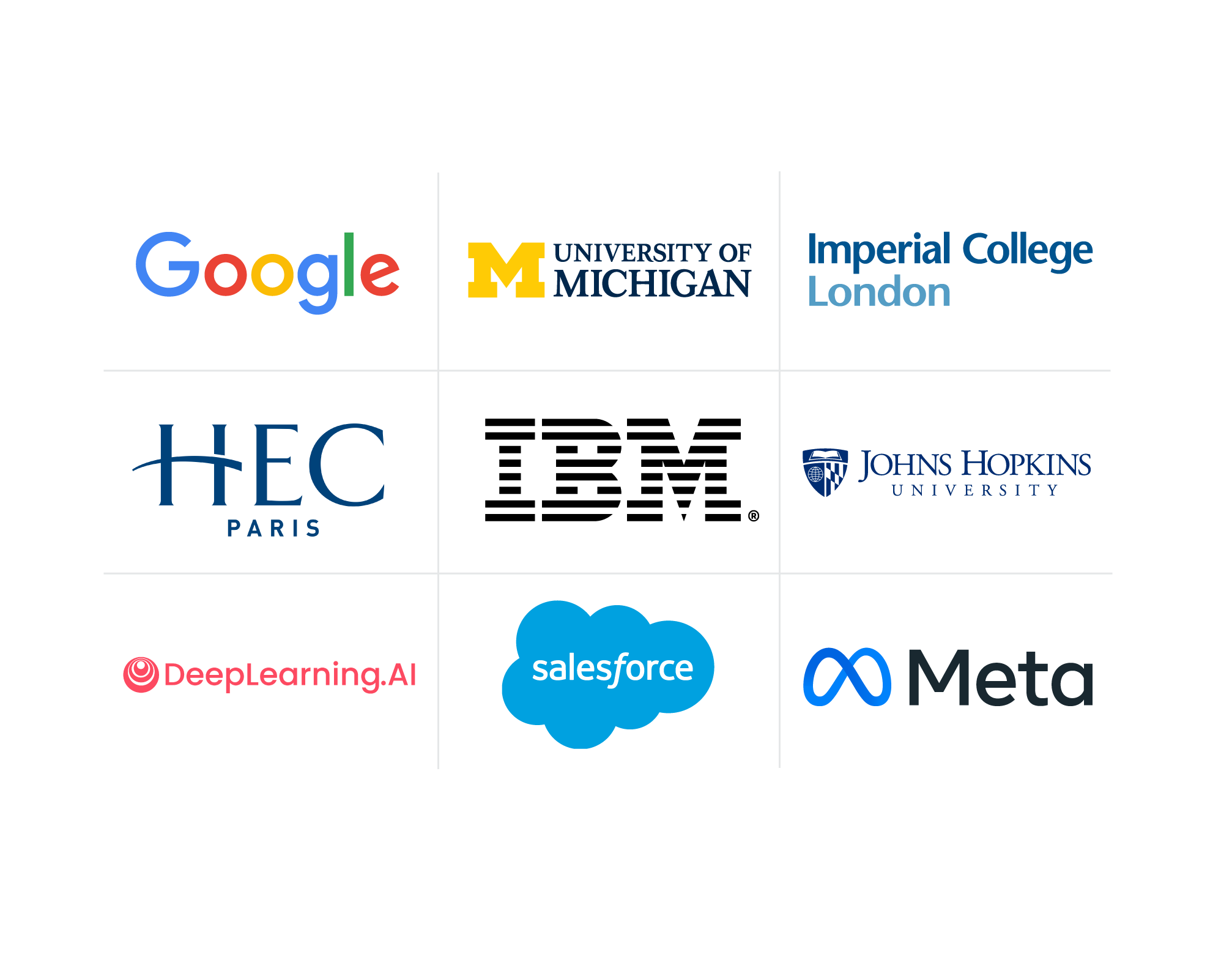Competency-Based Degrees: A Guide to Flexible Learning
Take a look at how a growing number of universities offer competency-based degree options for qualified students with proficiency in specific skills.
![[Featured Image] A graduate hugs their advisor, who supported them during their employer-sponsored competency-based degree program.](https://d3njjcbhbojbot.cloudfront.net/api/utilities/v1/imageproxy/https://images.ctfassets.net/2pudprfttvy6/aV5OujJtPnJt6lZNGlON8/f87543be7dfeaffb073db870af03683f/GettyImages-1366624117.jpg?w=1500&h=680&q=60&fit=fill&f=faces&fm=jpg&fl=progressive&auto=format%2Ccompress&dpr=1&w=1000)
Earning a degree has traditionally followed a structured path, but as the needs of students shift, many are considering educational alternatives, like competency-based education (CBE). A growing number of institutions, 82 percent, expect competency-based degree programs to expand [1].
Rather than sending students through a prescribed set of classes, competency-based programs allow learners to show proficiency in specific skills and earn credits in exchange for obtaining a credential. Take a look at competency-based degree programs and how they can help students develop the skill set they need.

What is a competency-based degree?
A competency-based degree is a flexible approach to education that allows learners to earn a credential in a particular discipline rather than pursuing a traditional, four-year degree. This helps prove their proficiency in this skill.
The popularity of these programs is increasing. In 2020, 33 percent of competency-based programs had between 51 and 499 learners, and another 33 percent had more than 500 learners enrolled [1]. Competency-based degree programs attract adult learners who juggle a job and family since they allow learners to earn credits for new skills or acquire additional knowledge regarding abilities they have previously developed.
To obtain credits, schools typically offer assessment tests after each competency module, allowing learners to show their proficiency in specific topics. Learners usually decide which competency modules to take and when, providing more flexibility in their course load and potentially shortening the time it takes to earn a degree. In short, competency-based programs allow learners to work at their own pace while still obtaining skills to advance their careers.
Benefits of a competency-based degree for learners
Earning a degree while balancing a job and a personal life can be challenging with a traditional degree. However, these represent two of the many benefits of a competency-based degree. These skills-based programs can help learners earn a degree faster, reduce tuition costs, and provide a learning structure more conducive to busy schedules.
It's important to recognize why students are interested in these programs. Benefits of a competency-based degree program include:
Learning real-world skills
Industry professionals often lead competency-based programs, which means the skills they’ll learn have real-world applications. Many learners start applying newly acquired skills immediately.
Increase employability
For working adults, developing more skills through a competency-based degree can increase their value within their organization or give them skills to market to other employers.
Potentially lowering tuition costs
Many competency-based programs offer a flat tuition rate and allow learners to take as many competency modules as they'd like during a semester. If they show proficiency and pass the assessment, students can earn credit towards a degree, often cheaper than enrolling in and paying for an equivalent class.
A customized completion timeline
Since learners can gain knowledge at their own pace, students can pass assessments and show competencies for their skills when they’re ready, rather than taking predetermined classes, which permits them to accelerate their completion timeline. In some programs, advisors help learners create a plan based on their current skills and those they need to obtain to earn a degree.
How is a competency-based degree different from a traditional program?
Competency-based degrees do differ from conventional programs. These degrees focus on the skills learned, not how learners obtain them. Learners can leverage their current skills, turning them into credits after proving proficiency through assessments. As a result, learners often see these programs as a more customized, flexible approach to education.
Traditional degree programs have a set course load and timeline. Learners aren't rewarded for their existing skills; instead, they must adhere to the academic plan set by the school to earn a degree. The table below highlights additional differences.
Benefits of a competency-based degree for companies
While competency-based degrees appeal to adult learners, they can also benefit companies looking for skilled professionals. Advantages include the following.
Increasing the number of qualified applicants
If a company focuses on skill-based qualifiers for new employees, the pool of candidates will likely expand. Rather than focusing on traditional degree requirements, they open the application process up to others with the knowledge the company needs. As a result, companies could see an increase in the number of qualified people for the role.
Improving time to hire
Gauging candidates based on skills allows hiring managers to filter applicants easily. Focusing on job-specific skills also makes companies more likely to find the right employee in a shorter time span.
Elevating diversity in the workforce
Traditional degree requirements can eliminate a large population of candidates who have the necessary skills but lack access to a four-year degree program; however, leaning on skills when hiring opens the candidate pool to a more diverse cross-section of talent that wouldn't otherwise qualify for the job.
Getting started with Coursera
Competency-based degree programs are attractive to learners and companies. For your company, these programs can increase talent pools and decrease the time it takes to hire an employee. Competency-based degree programs can also help build skills-based qualifications, as can online courses.
Coursera for Campus empowers any university to offer job-relevant, credit-ready* online education to students, faculty, and staff. With Coursera for Campus, you can promote student employability by teaching in-demand skills for high-growth fields and help students master job-ready skills with Guided Projects, programming assignments, and in-course assessments—online, offline, and via mobile. Enable faculty to create projects, assessments, and courses tailored to learner needs with Coursera for Campus.
* Credit eligibility determined by your institution.
Article sources
American Institutes for Research. "Findings From the 2020 National Survey of Postsecondary Competency-Based Education, https://www.air.org/sites/default/files/2021-07/State-of-the-Field-Findings-from-2020-Postsecondary-CBE-Survey-July-2021.pdf." Accessed June 20, 2025.
This content has been made available for informational purposes only. Learners are advised to conduct additional research to ensure that courses and other credentials pursued meet their personal, professional, and financial goals.

